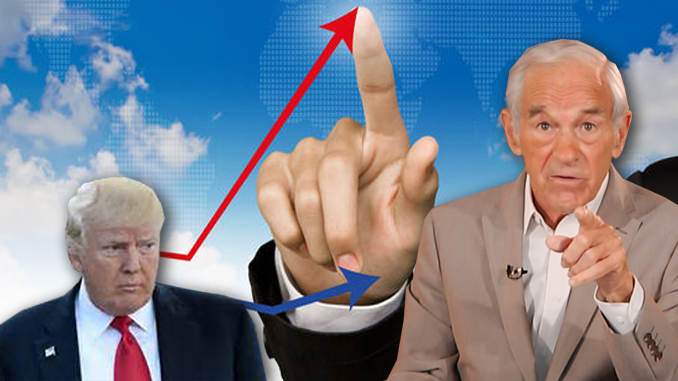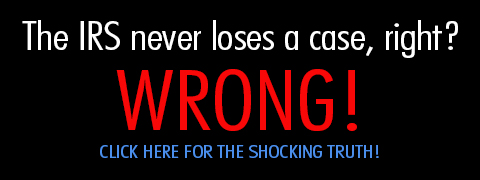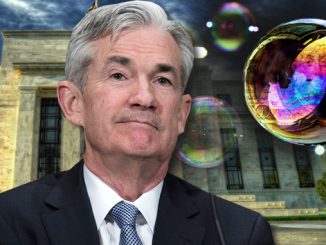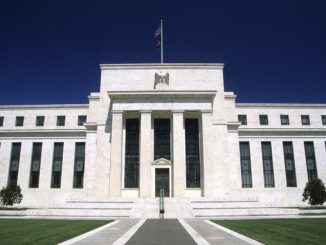
Appointing a former investment banker to chair the Federal Reserve will have much longer lasting impact than any tax reform plan, but adopting the Chained Consumer Price Index will increase the inflation tax, Dr. Paul explains.
By Ron Paul
Last Thursday, congressional Republicans unveiled their tax reform legislation. On the same day, President Trump nominated current Federal Reserve Board Governor Jerome Powell to succeed Janet Yellen as Federal Reserve chair. While the tax plan dominated the headlines, the Powell appointment will have much greater long-term impact. Federal Reserve policies affect every aspect of the economy, including whether the Republican tax plan will produce long-term economic growth.
President Obama made history by appointing the first female Fed chair. President Trump is also making history: If confirmed, Powell would be the first former investment banker to serve as chairman of the Federal Reserve. Powell’s background suggests he will continue Janet Yellen’s Wall Street-friendly low interest rates and easy money policies.
Powell is an outspoken opponent of the Audit the Fed legislation. In 2015, Powell delivered an address at Catholic University devoted to attacking Audit the Fed. Like most Fed apologists, Powell claims the audit would compromise the Fed’s independence and allow Congress to control monetary policy. However, like all who make this claim, Powell cannot point to anything in the text of the audit bill giving Congress any power over the Federal Reserve. Powell’s concerns about protecting the Fed’s independence are misplaced, as the Fed has never been free of political influence. The Fed has a long history of bowing to presidential pressure to tailor monetary policy to help advance the president’s political and policy agenda.
The Republican tax cut plan has some positive elements, such as increasing the standard deduction, creating a new family tax credit, eliminating the death tax, reducing the corporate tax rate, and lowering taxes on small businesses. It also has some flaws, such as the “millionaire surcharge” imposed on upper-income taxpayers. This provision reflects a belief that upper-income taxpayers only “deserve” a tax break if reducing their taxes serves the interest of government by increasing economic growth.
The worst part of the tax plan is that it adopts the chained consumer price index (chained CPI). Chained CPI is a way of measuring CPI that understates inflation’s effects on our standard of living. It does this by assuming inflation has not reduced Americans’ standard of living if, for example, people can buy hamburgers when they can no longer afford steak. This so-called full substitution ignores the fact that if individuals viewed hamburgers as a full substitute for steak they would have bought hamburgers before Fed-created inflation made steak unaffordable.
Chained CPI increases the inflation tax. The inflation tax may be the worst of all taxes because it is hidden and regressive. The inflation tax is not even a tax on real wages. Instead, it is a tax on the illusionary gains in income caused by inflation. The use of chained CPI to adjust tax brackets pushes individuals into higher tax brackets over time.
Politicians love the inflation tax because it allows them to increase taxes without having to vote for higher rates. Instead, the Fed does the dirty work. Since their creation in 1913, the Federal Reserve and the income tax have both enabled the growth of the welfare-warfare state and the erosion of our freedom and economic well-being. The key to restoring our liberty and prosperity, as well as avoiding a major economic crisis, is reversing the great mistakes of 1913 by repealing the 16th Amendment and auditing and ending the Federal Reserve.
Ron Paul, a former U.S. representative from Texas and medical doctor, continues to write his weekly column for the Ron Paul Institute for Peace and Prosperity, online at www.ronpaulinstitute.org.





Dr. Paul, I’m not sure what you mean by “Audit the Fed.” The Consolidated Financial Statements of the Federal Reserve System are audited each year by a major CPA firm – I have a digital copy of the 2016 statements, complete with opinion. There IS a “Note” therein from the auditors stating that their opinion is not expressed in terms of GAAP – Generally Accepted Accounting Principles – but in terms of a divergent standard established by the Federal Reserve System itself (!). Can you explain?
In addition to the alleged devious purpose of the Federal Reserve Bank as noted by Ron Paul, which is to provide a broad-based mechanism for increasing taxes, central banks of most first-world countries tend to set monetary policy to achieve a “target inflation rate” of around 2% per year, so as to avoid the economic risk of price deflation, which could bring an economy to its knees as people put off purchases today as they wait for lower prices in the future.
The penalty of such monetary policy executed by the Federal Bank is that inflation continuously eats away at the value of the currency and the savings accumulated by everyone.
If Mr. Paul’s wish comes true and the Federal Reserve Bank is abolished, how does Mr. Paul propose to protect the national economy against BOTH deflationary AND inflationary monetary spirals, if not by regulating the supply and cost of borrowing currency through a central, national bank?